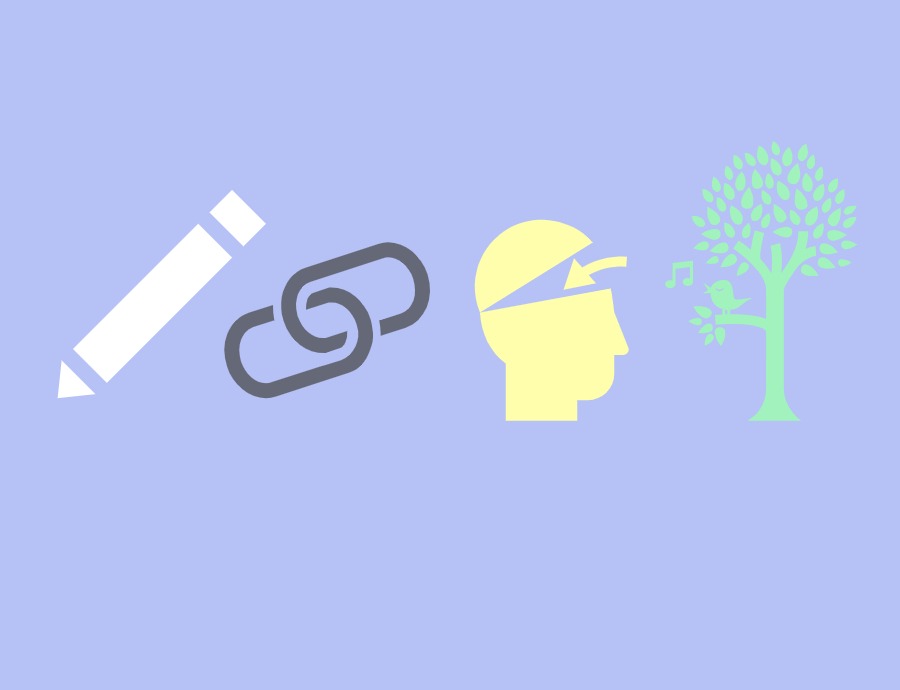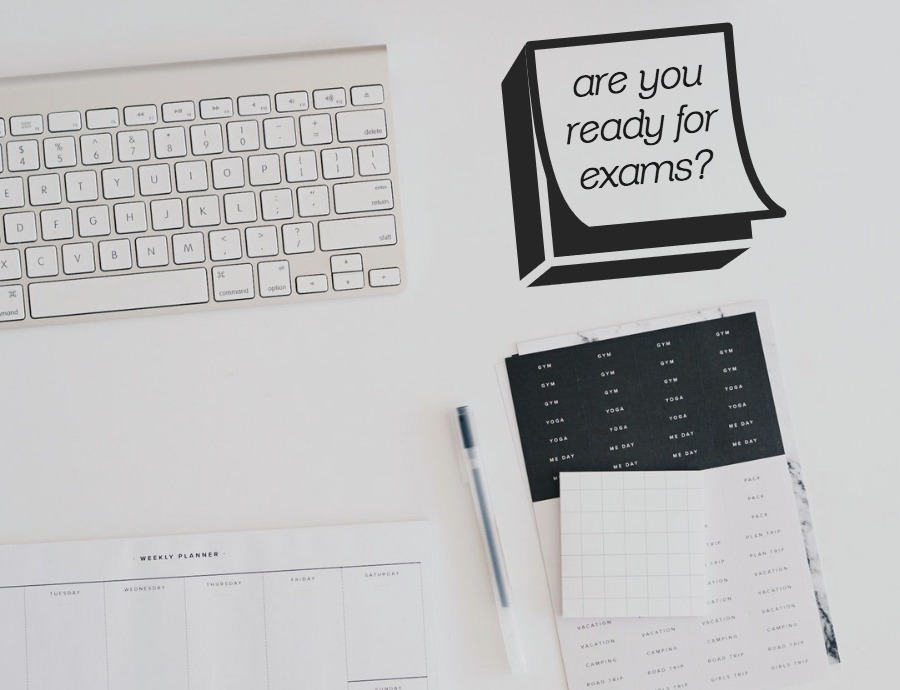You plan to be smart about how you answer questions on the final exams, so be smart about how you study too. Don’t just throw yourself into the fray of old lecture notes and problem sets. Plan, organize, prioritize. Review in a way that helps you to access the information easily, and use it properly. Here are some tips to help.
It’s important to be intelligent as you write your exam, so study intelligently too. Plan ahead, study smart, and consult with experts. Check out Prep101.
- Make sure that you know as much as you can about the format and structure of the exam, and make sure that you know what’s fair game. Listen carefully to TAs and professors in the weeks before finals; they’ll often give hints about what to expect. Make sure that you understand as much as you can about which lectures, readings and problems to focus on. Find out if the exam is cumulative. Ask whether readings not covered in lectures are fair game. Will you be provided with a formula sheet? Are you allowed to bring one in with you? Get as much information as you can so that you can plan strategically, and so that you won’t be surprised when you write.
- Re-read all your lecture notes. Give yourself a block of time, and read through all your lecture notes in order, in one sitting. Try to get into the flow of the material. By this point, you’ve listened to the lectures, worked through problem sets, written quizzes, tests and exams, so you’ve primed your brain for the material, and should understand it in a much deeper way. Much of the information should already be in your long-term memory, so you’re just refreshing it, and enjoying your better understanding. Make sure, however, that you write down any questions that occur to you as you read. You’ll need to get those questions answered before you sit down to write the exam.
- Gather your study material and prioritize your tasks. Get all your old problem sets, assignments, midterms, tests and quizzes together, and try to group them by concept. Next, copy down all the practice problems from the lecture and reading notes, and put them in the corresponding groups. Make sure that you gather all the old exams, and all the exam preparation packages that you can find. Your priority should be on answering questions and solving problems instead of just reading from a textbook, and your questions priority should always be on past exams and review material. They’re the closest to what you’ll see on the exam, so you should get your brain ready to work through them, and used to the format, so that you don’t get thrown off when you write the exam.
- Start by answering the questions from old problem sets, assignment and quizzes. Go through all of your problem set packages, and solve all the questions again. Make sure that you completely cover up the answers as you work. Even just a blank sheet of paper will do. It’s very easy to trick yourself into thinking that everything makes sense if you’re just reading through a solved problem. You learn by doing, so actually solve the problems again. It’s also easy to get yourself hooked on the feeling of seeing the answers as soon as you’ve finished writing out a solution, and this can trip you up on the exam, so make sure that you check your work only at the end of each individual package. Write down any questions that you can’t resolve by looking through the old solutions.
- Move on to past exams and exam review packages. These old exams and exam review packages should be your first priority, so make sure that you’ve left lots of time to work through these, even if that means answering fewer problem set questions. Try to match your study area to the exam centre (so find an impersonal space), and time yourself, so that you can match the exam conditions as well as possible. This will help you feel more prepared as you write the exams. Don’t check your answers until you’ve completed an entire exam or package, but then make sure to check all of your work. Write down any questions that occur to you as you write, and
- Get your questions answered. Bring all the questions you’ve generated to TAs, professors, or classmates, and make sure that you understand all the answers before you walk into the exam. Don’t just bet with yourself that it won’t be on the exam. You’ll kick yourself if it is.
It’s important to be intelligent as you write your exam, so study intelligently too. Plan ahead, study smart, and consult with experts. Check out Prep101.








